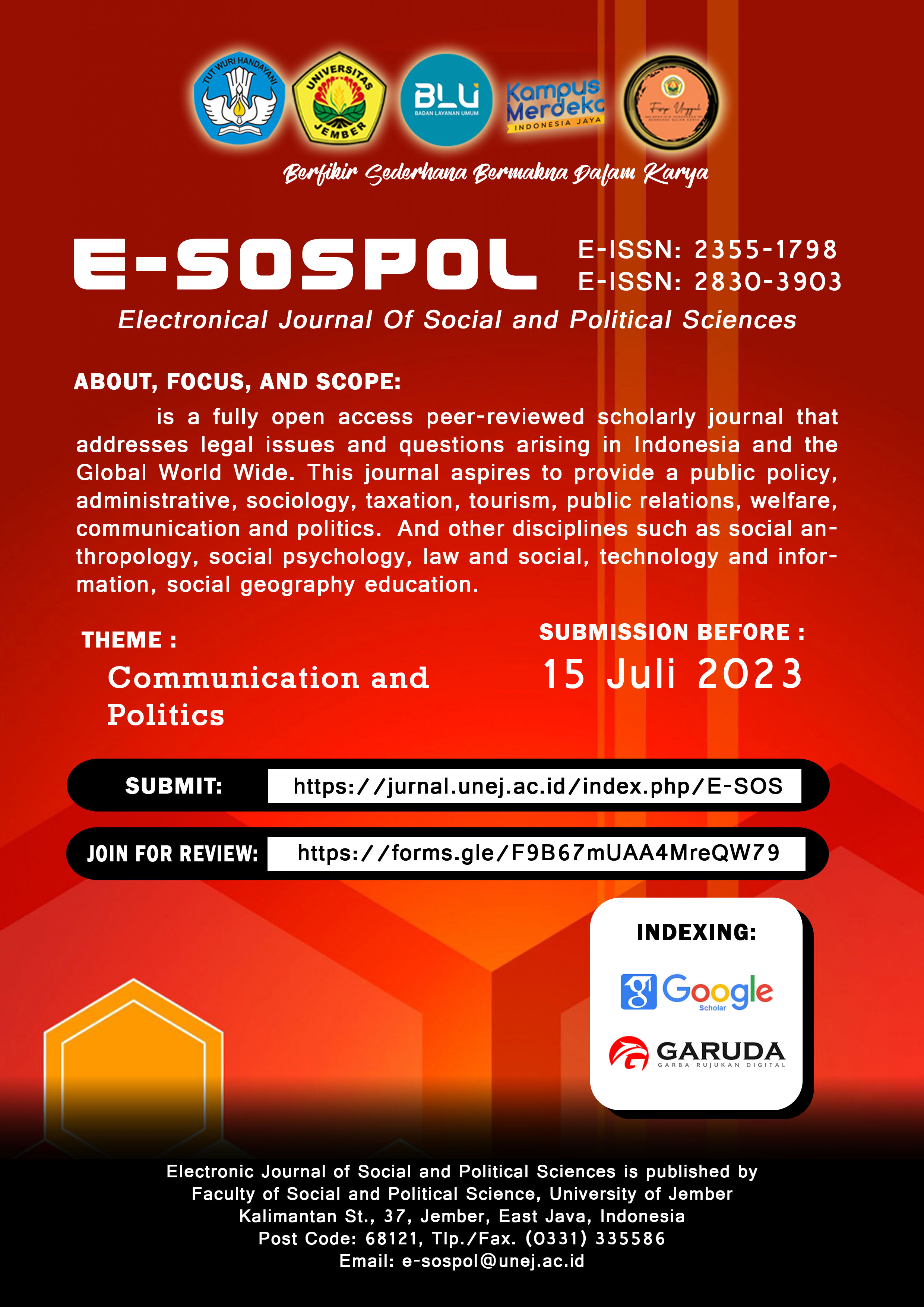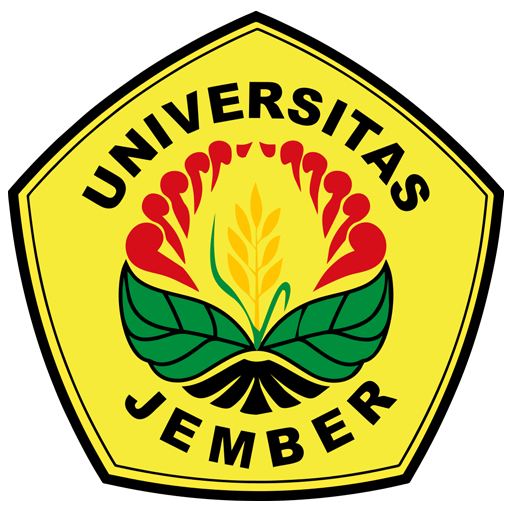Inovasi Pelayanan SAKINA di Puskesmas Sempu Kecamatan Sempu Kabupaten Banyuwangi
Abstract
Abstract
This study was aimed at describing the service innovation devoted to pregnant women through SAKINA program at Sempu Public Health Center, Sempu Sub-regency, Banyuwangi regency. Sempu Public Health Center faced issues germane to the high number of pregnant women and babies’ deaths in its operational region, wherein the health center was reported to contribute the highest number of mothers and babies’ death rates in Banyuwangi. The high death rates in its operational region occurred due to slow service for pregnant women. As such, Sempu Public Health Center created an innovation in their service so as to surmount the issue under the spotlight, resulting in SAKINA service. This research applied descriptive method in qualitative setting. Research data were collected by observation, interview, and documentation. Informant determination was done through snowball technique. The obtained data were then tested for its validity by observation consistency, triangulation, and detailed elaboration. Afterward, data were analyzed using Miles and Huberman’s analysis model, comprising of data collection, data reduction, data presentation, and verification. The research findings showed that SAKINA service innovation carried out by Sempu Public Health Center was effective and efficient in bringing down the death rates of mothers and babies in its operational region. That was representative of the innovation in service process and methods applied. The innovation in service process was to give service emphasizing the ease of access, which could be obtained within and beyond the health center. In terms of method innovation, the health center applied get-the-ball method, by which midwifes and Laskar cadres came to patient’s house in order to carry out examination. Implementing these innovations, Sempu Public Health Center managed to nullify the death rates in 2014 and 2015.
Penulis yang mengusulkan naskahnya untuk dapat diproses penerbitannya pada e-SOSPOL dianggap telah menyetujui beberapa hal sebagai berikut:
1. Penulis tidak dapat menarik naskah yang telah usulkan untuk diproses hingga mendapat jawaban dari Ketua Dewan Penyunting atas status naskah artikel ilmiahnya (diterima atau ditolak untuk diterbitkan).
2. Penerbit tidak bertanggung jawab terhadap kasus plagiasi atas artikel yang terbit pada e-SOSPOL
3. Penerbit tidak bertanggung jawab atas data dan isi dari artikel yang diterbitkan pada e-SOSPOL, dan sepenuhnya merupakan tanggung jawab penulis.






.png)

